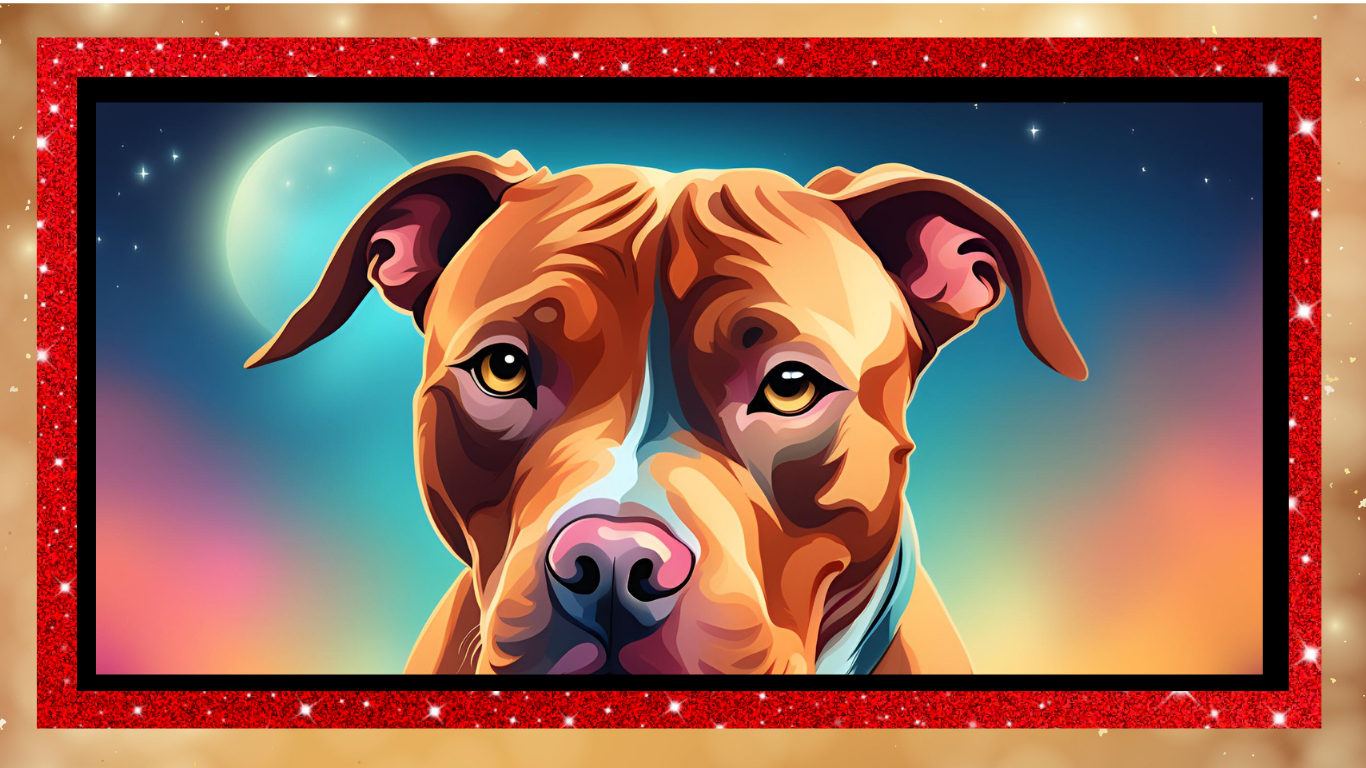The “pit bull,” also known as the American Pit Bull Terrier breed of dog is a topic of discussion and debate in the canine world due to its physique and faithful demeanor which have earned it a reputation for being powerful; however, it is also shrouded in misconceptions and myths. Some people argue that pit bulls are dangerous animals while others attest to their loving and devoted nature as companions. Here we aim to sift through the truths and falsehoods surrounding this breed to reveal its essence that often goes misunderstood.
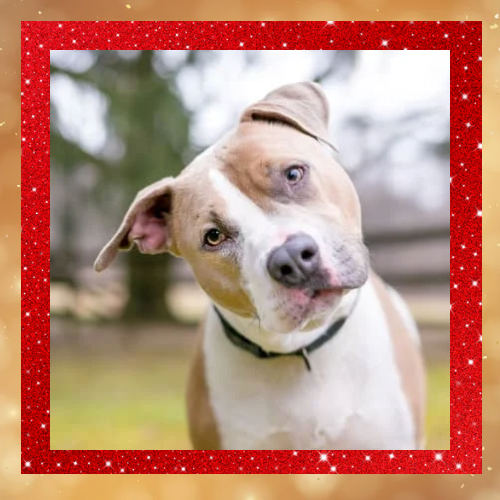
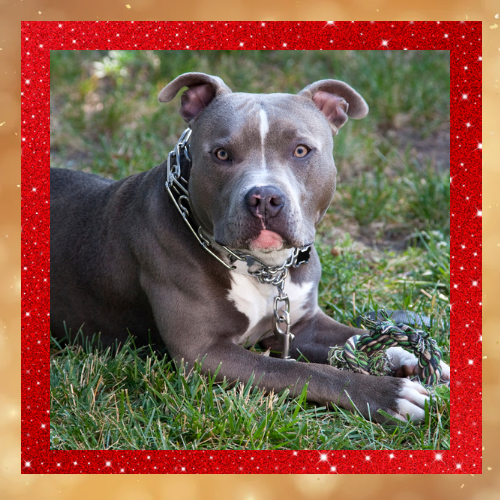
Myth 1. Pit bulls have been unfairly labeled as aggressive
One prevalent misconception about pit bulls is that they have a hostility towards humans. In the past, the American Pit Bull Terrier was selectively bred as a working companion for herding livestock. They were also cherished as family pets. Referred to as “nanny dogs” for their nature and tolerance towards kids.
Aggression in dogs usually stems from a mix of factors like genetics and upbringing than being breed specific; studies indicate that pit bulls are not inherently more hostile towards humans than other dog breeds, do not demonstrate a predisposition to aggression towards humans compared to other breeds, in temperament tests conducted by organizations like the American Temperament Test Society (ATTS). In fact pit bulls often perform as or better than beloved family breeds like Golden Retrievers and Beagles in these assessments.
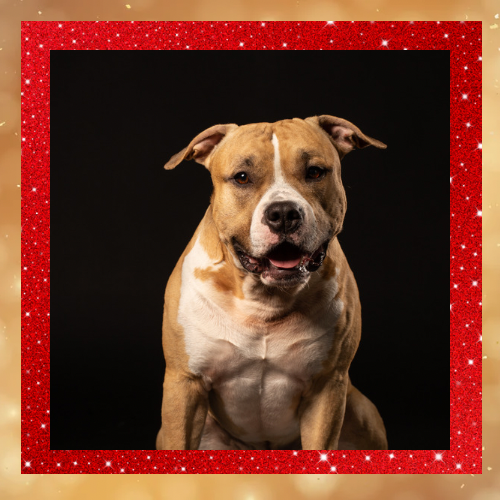

Myth #2. The False Notion About Pit Bulls Having a “Locking Jaws”
There is a misconception that pit bulls possess a jaw mechanism that enables them to “lock” their jaws while biting. This belief probably stems from their bite strength; however, anatomically speaking a pit bulls jaw operates similarly to that of any dog.
Pit bulls are known for their determination when they grab onto a toy or play with it firmly—a behavior that can sometimes be misunderstood as them having a “locking” mechanism, in their jaws due to their build rather than any special structure.
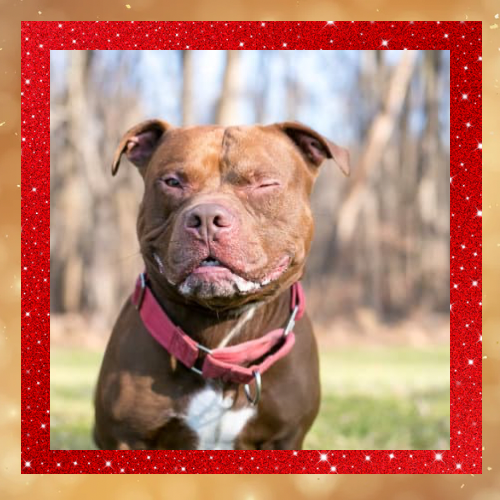
Myth 3. Not all Pit Bulls are alike
“Pit bull” is a term commonly used to describe a group of breeds that share appearances rather than referring to a single breed exclusively. Many dogs such as the American Pit Bull Terrier, American Staffordshire Terrier, and Staffordshire Bull Terrier are often categorized under the umbrella term “pit bull.” Although, each breed possesses traits it’s common for them to exhibit some shared features.
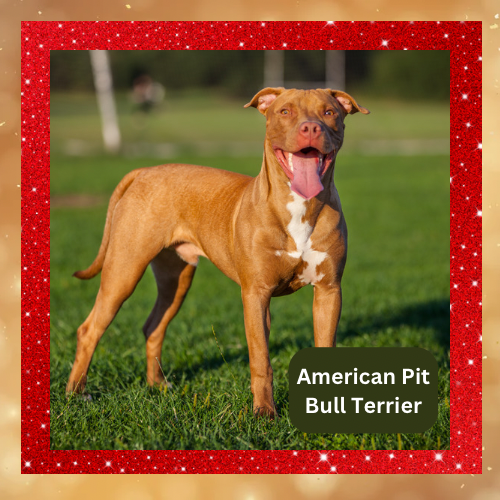
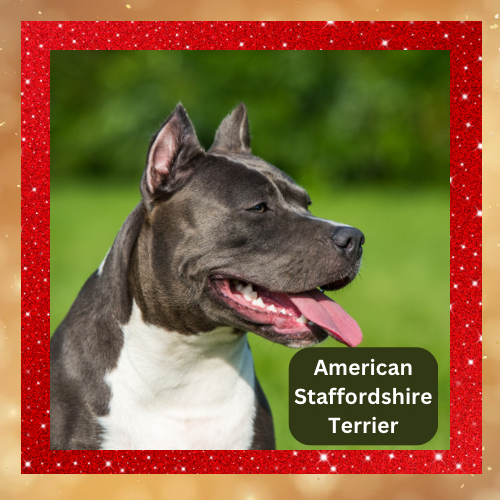
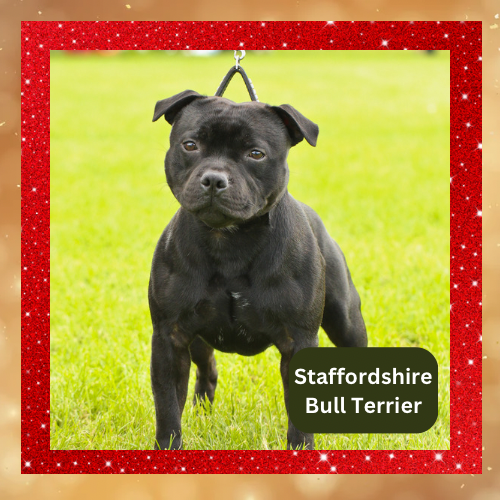
This mix up can lead to confusion as individuals may mistake any built and muscular dog, for a pit bull breed which can further fuel stereotypes about their behavior traits not all dogs of the pit bull type exhibit similar temperaments as their personalities are greatly influenced by their upbringing and social interactions.
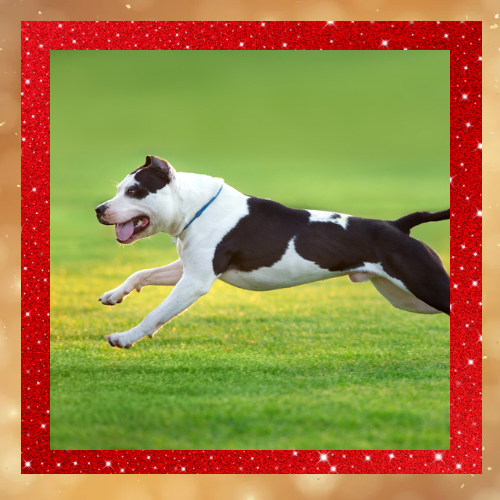
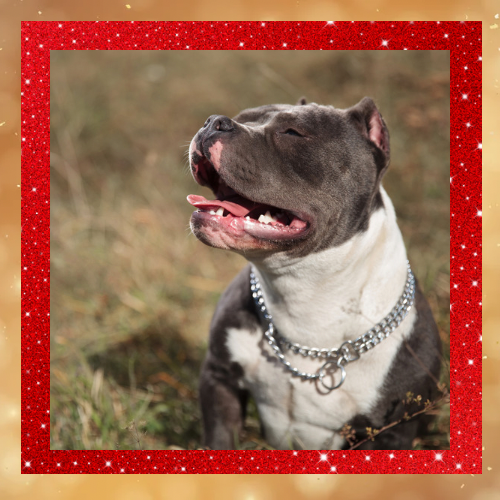
Myth 4. Pit Bulls are unpredictable and prone to aggression
There are people who think that pit bulls can show aggression unexpectedly at any time without warning signs. This perception is probably due to misconceptions about dog behavior in general. Any dog has the potential to display aggression when it feels anxious, sensed a threat, or scared. Like all dogs pit bulls convey their feelings through their body language—by observing cues like rigid posture and tucked ears humans can have a better grasp of their emotions.
In truth Pit Bulls make affectionate companions
Pit bulls are recognized for their connections with humans and their loyalty and loving demeanor stand out prominently in their reputation words of praise from owners who consider them as lap dogs that enjoy snuggling despite their imposing size. Regularly mentioned their willingness to please and response to training methods centered around positive reinforcement are notable traits. For being adaptable creatures pit bulls are known for their roles as therapy dogs and search and rescue dogs as well as serving as service dogs due to their combination of strength and loyalty which makes them ideal for tasks that demand both physical prowess and reliability.
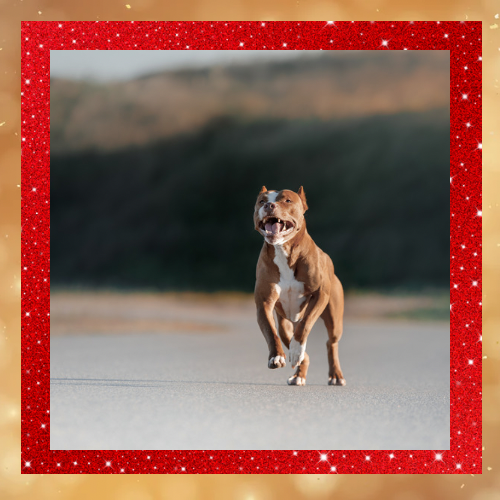
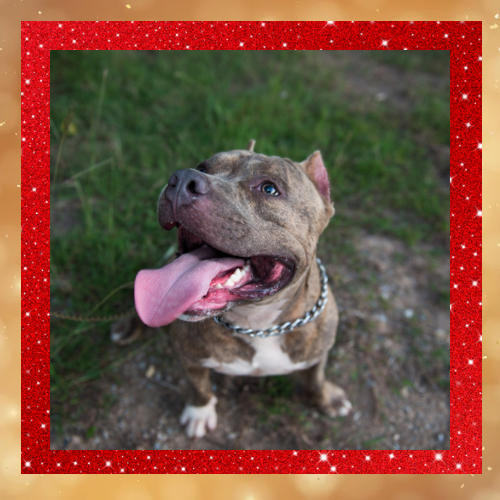
Pit bulls need to be trained and socialized properly to thrive in reality
Like any robust dog breed there, pit bulls thrive when they receive socialization from an early age and undergo consistent training. Training them in obedience and exposing them to a range of environments contribute to their development into balanced adults. Pit bulls typically find joy in engaging in activities such as agility training, hiking, and even participating in obedience contests where they can showcase their abilities and strengthen the bond with their owners.
Training can also enhance the connection between a pit bull and its family by aiding the dog in grasping expectations and boundaries set by their owners.
Interesting Tidbits About Pit Bulls
During the 1900s pit bulls were commonly referred to as ” nanny dogs” because of their kind and protective behavior towards children.
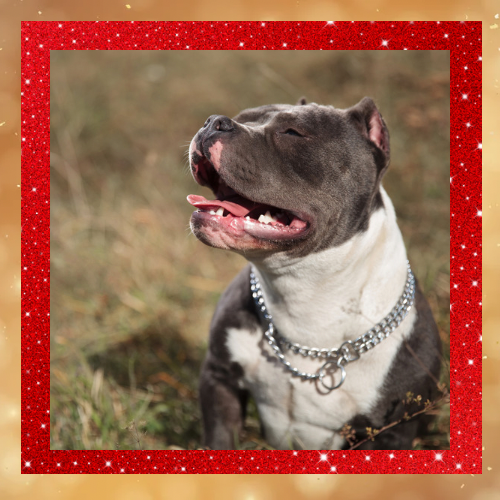
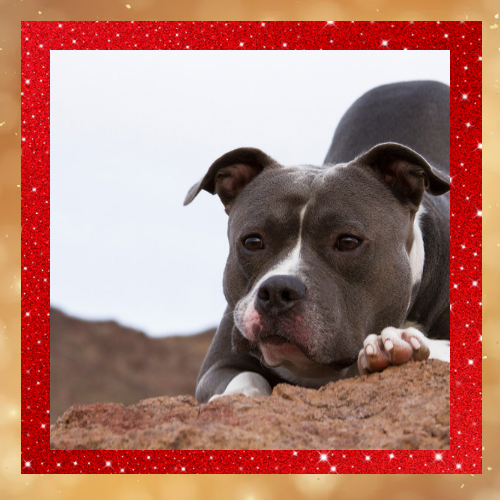
In Hollywood fame circles lies Pete the Pup— a known pit bull who graced the screens in the “Our Gang” (also known as ” Rascals”) series where he was showcased as an affectionate and faithful sidekick.
Pit bulls are known for their athleticism and energy levels; they thrive on engaging in activities that allow them to stay active and are companions for individuals with a active lifestyle.

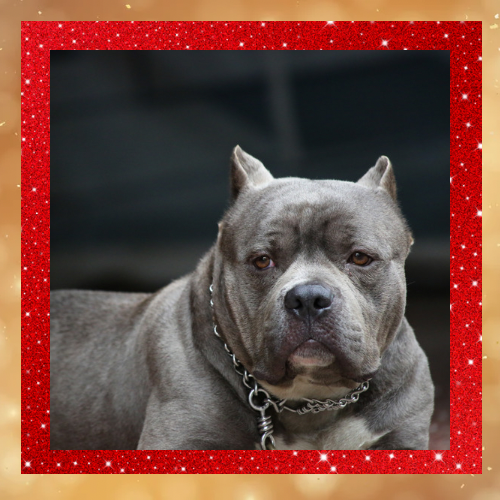
Therapy and Service Dogs – Contrary to beliefs and misconceptions about pit bulls temperament and capabilities many pit bulls excel as therapy and service dogs by demonstrating their loving nature and capacity to master tasks.
Key Traits of Pit Bulls
Pit bulls are known to enjoy companionship. Can be emotionally attuned to their owners feelings.
Their playful and enthusiastic nature shines through when it comes to enjoying toys and games or engaging in activity.
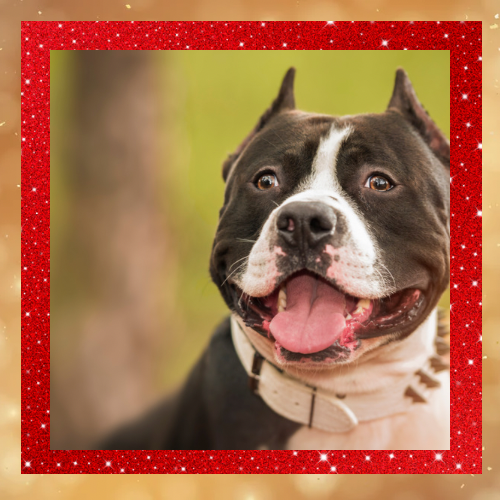
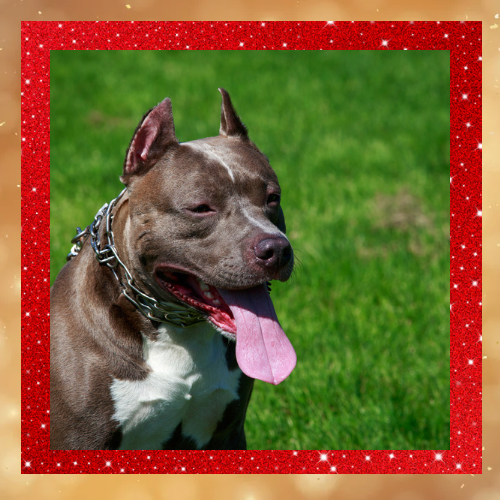
Pit bulls are recognized for their determination. This quality makes them excel in sports as well as be loving companions.
Pit bull owners often affectionately describe them as one of the breeds they have ever come across; these dogs eagerly seek hugs and cuddles and enjoy any form of attention, from their families.
Pit Bulls in the Media
Throughout history and popular media depictions alike have showcased pit bulls in forms such as films and TV series. Even in military accounts of the past wars like World War I where an American Pit Bull Terrier affectionately named Sergeant Stubby rose to fame as a decorated hero recognized for his fearless acts and unwavering devotion to his fellow soldiers. The enduring narrative of bravery and loyalty associated with pit bulls continues to define their reputation today despite the fact that modern day pit bulls are commonly spotted lounged comfortably on a sofa than engaged in military endeavors.
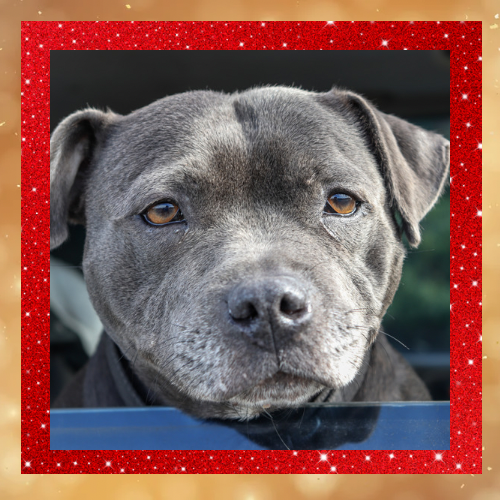
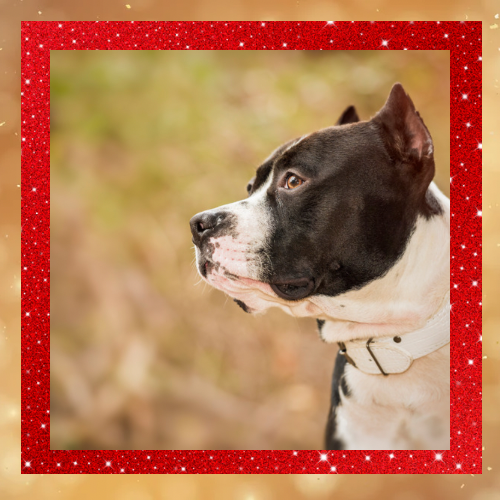
In Summary
Lets take a moment to consider the facts about Pit Bulls and public safety.
Pit bulls may show aggression if they are not treated well or grow up in an environment like any breed of dog would behave at times due to their strength requiring careful handling around kids and small animals but with proper care and attention pit bulls can make great family pets being loyal and protective, towards their loved ones showing affectionate and watchful behavior.
Quick Breed Overview
Name of the Breed: Pit Bull Terrier
Lifespan ranges: Between 12 to 16 years.
Height: 17 to 21 inches.
Weigh: Between 30 to 60 pounds.
Energy Levels: High. Need exercise to stay active.
Personality Traits: Devoted. Loving. Enjoys being around people
Common Misunderstandings: They are naturally hostile or threatening.
Common Applications include having them as pets for families and employing them as therapy dogs or in search and rescue missions.
Many people have misinterpreted pit bulls because of beliefs and misunderstandings; however, numerous owners can vouch for their kind and devoted temperament. With responsible training and care pit bulls have the potential to be loving companions and cherished members of the family.
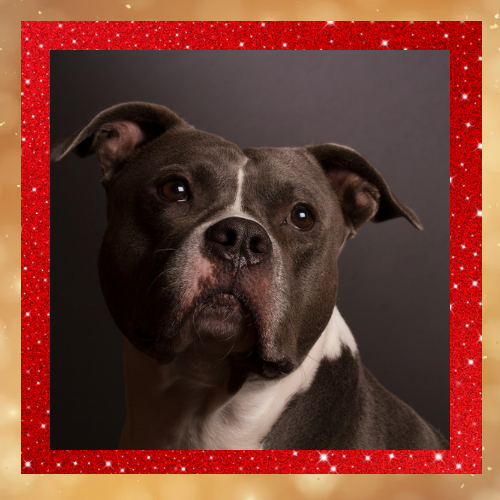
References
• American Temperament Test Society. https://atts.org/breed-statistics/statistics-page1/
• ASPCA. Pit Bull FAQ. https://www.aspca.org/about-us/aspca-policy-and-position-statements/position-statement-pit-bulls
• United Kennel Club. American Pit Bull Terrier Breed Standard. https://www.ukcdogs.com/docs/breeds/american-pit-bull-terrier.pdf


